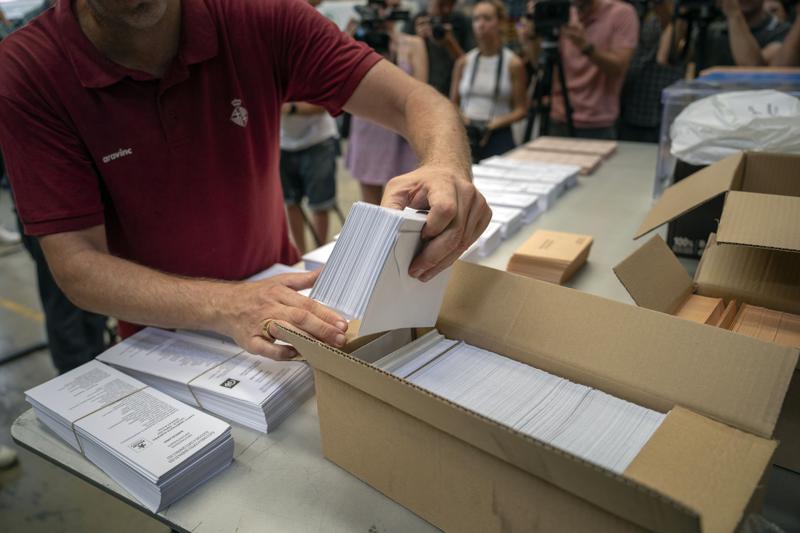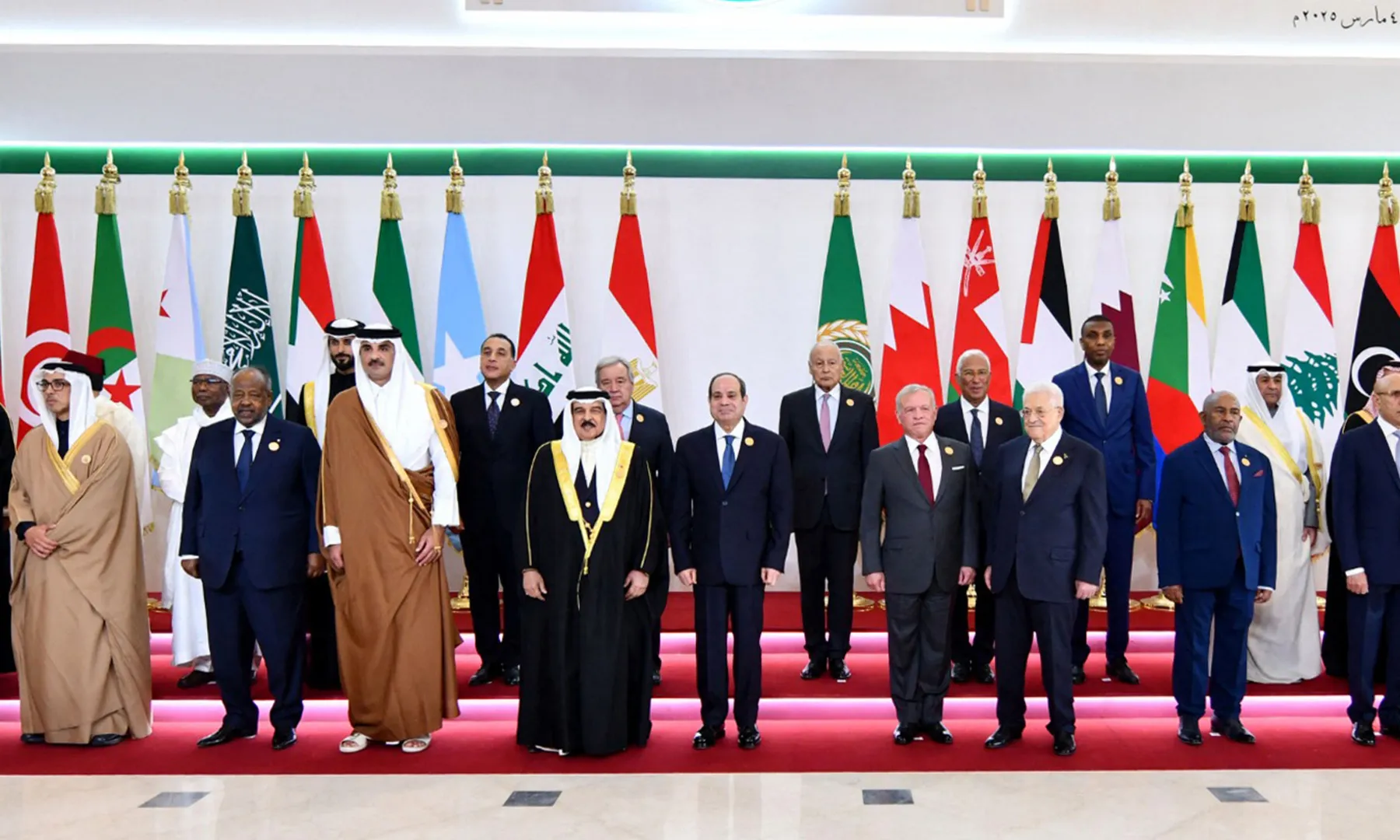MADRID – On a crucial Sunday, Spanish voters headed to the polls to determine the political fate of the country and the leadership of Prime Minister Pedro Sanchez.
The election marked a high-stakes battle between the ruling Socialist Party and the conservative Popular Party (PP), led by Alberto Nunez Feijoo.
Throughout the campaign period, polls consistently indicated a likely victory for the PP, posing a potential shift to the right in the eurozone’s fourth-largest economy. A similar trend in Italy last year dealt a heavy blow to left-wing parties across Europe, raising concerns about the implications of a similar outcome in Spain.
As polling stations opened at 9:00 am (0700 GMT) and closed at 8:00 pm, the results were expected to emerge a few hours later. However, one key variable that remained uncertain was the impact of the election’s timing. The vote was held during the peak of the summer holidays amid scorching late July heat, which led to speculation about its potential effect on voter turnout.
With many Spaniards away on vacation, a record number of absentee ballots were cast, with Spain’s postal service reporting more than 2.47 million mail-in votes among the 37.5 million registered voters.
Pedro Sanchez, the incumbent Prime Minister, made a passionate appeal for a “historic turnout” as he cast his ballot in Madrid. He stressed the significance of the election, not just for Spain but for Europe and the world.
However, the final week of campaigning proved challenging for the PP leader, Alberto Nunez Feijoo. He faced stumbling blocks over the issue of pensions and resurfacing questions regarding his connections with a convicted drug dealer in the 1990s. Despite these hurdles, experts and political analysts still anticipated a likely victory for the PP.
Pedro Riera Sagrera, a political scientist at Madrid’s Carlos III University, asserted, “It would be a huge surprise if the PP did not win. But whether it will be able to form a government is another matter.”
Feijoo’s hope of securing a majority with the magic figure of 176 deputies within the 350-seat parliament appeared unlikely, according to polls. Instead, the data indicated that he would fall short, necessitating an alliance with Vox, a far-right party that emerged in 2013 from a split within the PP.
Vox’s previous negotiations and coalition deals with the PP raised concerns about the party’s stance on controversial issues. Vox refused to back down on its opposition to abortion, trans rights, acknowledgment of gender violence, and climate change denial.
Vox leader Santiago Abascal issued a warning to the PP, stating that his party would demand a role in the government in exchange for its support. Such an arrangement would mark the first far-right participation in a Spanish government since the end of the Franco dictatorship in 1975.
As the votes were tallied and the nation awaited the election’s outcome, Spain found itself at a political crossroads, with the potential for a right-wing government and far-reaching implications for the country’s future and its role within Europe.




